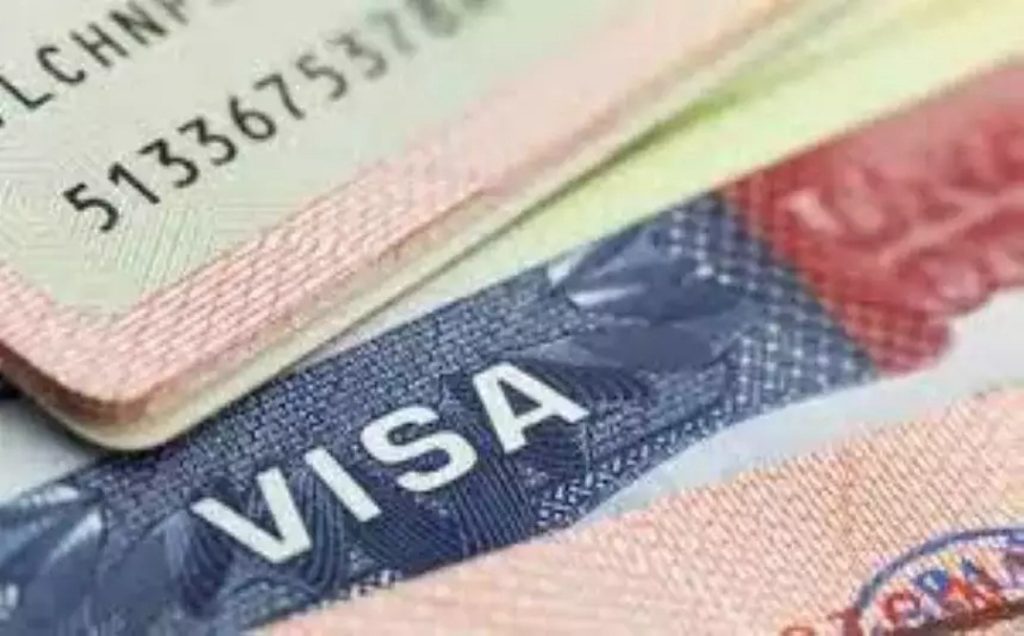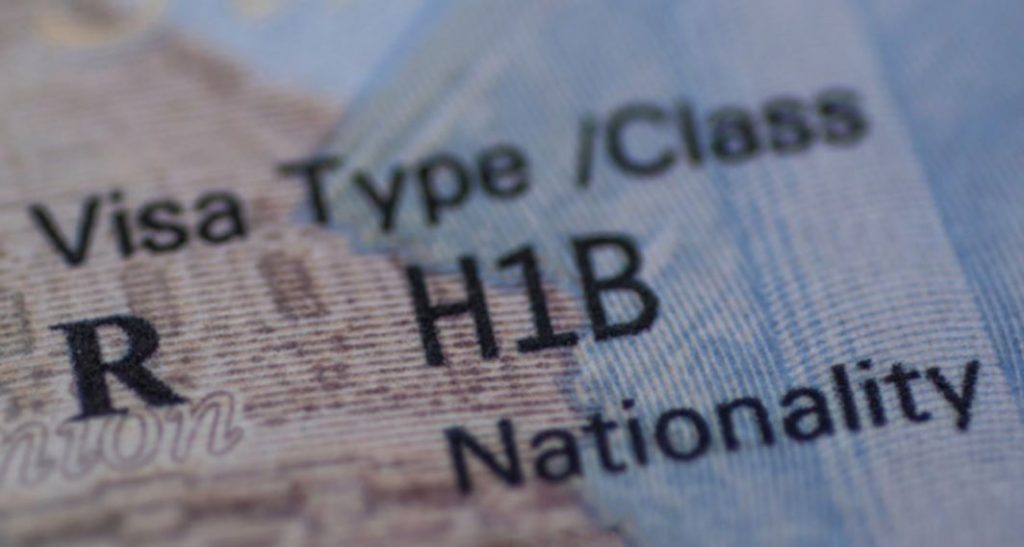
The lawmakers urged the USCIS to extend the 60-day grace period for laid-off H-1B holders to secure a new job before losing their legal status….reports Asian Lite News
Amid the massive ongoing layoffs in the tech sector, a group of lawmakers from Silicon Valley has written to the US Citizenship and Immigration Services (USCIS) enquiring about the federal agency’s efforts to ensure highly-skilled H-1B visa holders can remain in the country after losing their jobs.
With a bevy of employees laid off across tech giants including Microsoft, Google, Meta, in the past couple of months, the H-1B visa holders have been left in a limbo with a mere 60-day grace period to find another job, or leave the country.
“This group of immigrants possesses skills that are highly valuable in today’s knowledge-based economy and forcing them to leave the US is harmful to our nation’s long-term economic competitiveness,” the lawmakers wrote.

“This issue is of great importance to our constituents because layoffs in the tech sector have accelerated in recent months. The number of tech jobs lost since the beginning of 2023 has already surpassed the total number of layoffs in 2022,” they said.
The lawmakers urged the USCIS to extend the 60-day grace period for laid-off H-1B holders to secure a new job before losing their legal status.
They also requested that USCIS release data detailing the impact of the layoffs on affected immigrants, and inquires about whether the agency has issued guidance to adjudicators in response to the layoffs.
The USCIS had earlier stated that extending the grace period would require a lengthy rulemaking process that would take too long to benefit immigrants who are currently at risk of losing their legal status.
“While we understand that such a change may take time, we nonetheless urge USCIS to pursue an extension of the grace period, either as a standalone regulatory change or as part of a broader effort to reform the H-1B program,” the letter read.
The lawmakers said that extending the grace period will strengthen the country’s ability to retain immigrant talent in the future.
The USCIS recently said that the sacked H-1B workers have multiple options to stay in the country, and it is wrong to assume that they have no option but to leave within 60 days.
The number of tech jobs lost since the beginning of 2023 has already surpassed the total number of layoffs in 2022.
With the collapse of Silicon Valley Bank causing further disruptions in the tech sector, the lawmakers said they feared that the trend would continue.
Led by Representative Anna G. Eshoo, the letter was signed by Indian-American Congressman Ro Khanna, Zoe Lofgren, former Chair of the House Subcommittee on Immigration and Citizenship, and Representatives Jimmy Panetta and Kevin Mullin.
It sent a list of five questions to the immigration agency requesting it to respond by May 5. The H-1B is a non-immigrant visa that permits US companies to hire foreign workers in speciality occupations, which require theoretical or technical expertise. It is the most sought-after work visa among foreign professionals, including Indians.

Tech firms exploit H-1B visa programme
Amid massive ongoing layoffs in the tech sector, the top 30 H-1B visa employers hired 34,000 new workers in 2022 and laid off at least 85,000 workers in 2022 and early 2023, an Economic Policy Institute (EPI) analysis found.
According to EPI researchers, tech and outsourcing companies are exploiting the highly-skilled H-1B visa program, created to fill labor shortages in professional fields, by laying-off a bevy of workers employed in firms like Meta, Microsoft, Google, Amazon, etc.
“Most employers hire H-1B workers because they can be underpaid and are de facto indentured to the employer,” the EPI research said.
Also, 13 of the top 30 H-1B visa employers were outsourcing firms that underpay migrant workers and offshore US jobs to countries where labor costs are much lower.
“Its implementation has been bungled by the US Departments of Labor and Homeland Security,” the analysis said, adding that since employers aren’t required to test the US labor market to see if any workers are available before hiring an H-1B worker or pay their H-1B workers a fair wage, employers have exploited the program.
ECI said, in 2022, 48,000 employers registered with United States Citizenship and Immigration Services (USCIS) in hopes of hiring at least one H-1B worker, and nearly 30,000 employers ultimately hired at least one new H-1B worker.
Citing an example, the ECI research said Amazon was at the top of the list in terms of both new H-1B workers and layoffs. It hired 6,400 new H-1B workers in 2022, and hired the most new H-1B workers in 2021 as well, when it hired nearly 6,200 workers. The tech giant has either recently laid off or plans to lay off 27,150 of its employees — more than twice the number of H-1B workers it hired in 2021 and 2022 combined.
Google and Meta, both long-time top H-1B employers, together hired over 3,100 new H-1B workers last year. The duo laid off 33,000 employees, almost 11 times the number of new H-1B workers they hired in 2022.
The H-1B program is the largest US temporary work visa program, with a total of approximately 600,000 workers employed by 50,000 employers.
Most of these workers are employed in occupations like computer systems analysis and software development.
Visas for new workers are capped at 85,000 per year, but many employers are exempt from that annual cap, including universities and their affiliated nonprofit entities, nonprofit research organizations, and government research organizations.
The study urged President Joe Biden to “implement regulations and policy guidance to prevent misuse of the program, stop the exploitation of college-educated migrant workers, and ensure the program is consistent with congressional intent”.
ALSO READ: Spouses of H-1B Visa holders can work in US: Court


